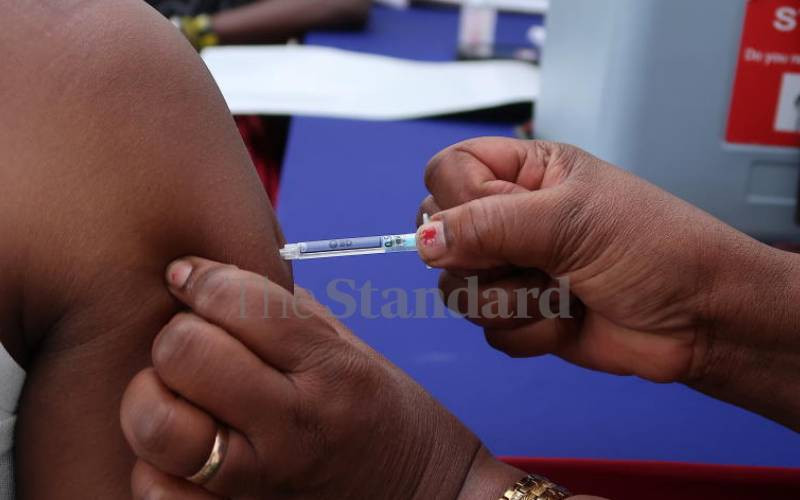×
The Standard e-Paper
Fearless, Trusted News

Following the announcement on the withdrawal of the AstraZeneca vaccine from the global market, there have been muted grumbling over its safety, with a huge number of Kenyans having received it at the height of Covid-19 pandemic. While the grouse is justified, the fear is not. After all, it followed the recall of Benylin cough syrup a few weeks ago.
There is a very thin line between severe acute respiratory syndrome (SARS), flu and Covid-19 behaviour.